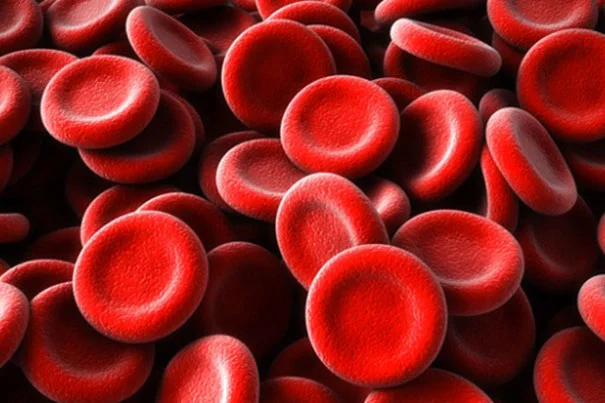Iron Deficiency

One of the most common blood abnormalities I see in my practice is low iron, or iron deficiency. In severe cases, iron deficiency can cause anemia, or low red blood cells. However, even in the absence of anemia, low iron can cause various symptoms. Most people know that having low iron levels can cause feelings of fatigue as well as ice cravings. However, it turns out that low iron can have other effects. One of the most common effects of having iron deficiency is that it can cause restless legs, where a person feels like they have to constantly move their legs to get comfortable, especially at night. Understandably, this can interfere with getting a proper night’s sleep. There also appears to be an association between low iron and mood disorders, where mental health illnesses like depression can more easily be seen with iron deficiency. Low iron levels can also contribute to peripheral neuropathy, a condition of nerve damage that can cause numbness, tingling and burning pain in your extremities.
The cause of low iron can vary significantly. Some people simply don’t get enough iron in their diet, whether by eating low quantities of meats, green leafy vegetables, beans or dried fruit. Other people have low iron because they are losing it from their body, usually in the form of blood loss. In younger women, this is often seen in the form of heavy or longer menstrual periods. In others, this can occur because blood is slowly (or quickly) being lost through the stomach or intestinal tract. Anunderrecognized cause of low iron involves poor absorption of iron from the gastrointestinal tract. This can be due to different reasons, one which can be due to celiac disease, an autoimmune reaction to gluten-products that damages the intestines. It can also be seen in patients with gastric bypass, as well as some patients who take proton-pump inhibitors, like omeprazole, esomeprazole and pantoprazole. One way to check to see if you have trouble absorbing iron is for your doctor to do an “iron challenge test”, which involves checking the iron levels in your blood before and after you take an iron tablet. If the iron levels in your blood don’t rise properly an hour after taking the tablet, then this suggests an absorption problem.
Treatment of low iron can be through oral supplementation or through IV iron infusions. IV iron infusions can be beneficial especially in people who have difficulty absorbing iron, have severe iron deficiency, or have trouble tolerating the oral iron supplements. If you do take oral iron supplementation, I now recommend to my patients to takeit every other day, or on a Monday, Wednesday and Friday schedule as studies show that taking it daily actually hurts your ability to absorb it properly. You are also more likely to absorb the iron if you take something acidic with it, which is why a lot of oral iron formulations include vitamin C.
If you suffer from any of the symptoms of iron deficiency, it is important to talk to your primary care provider to see if you should be tested.





